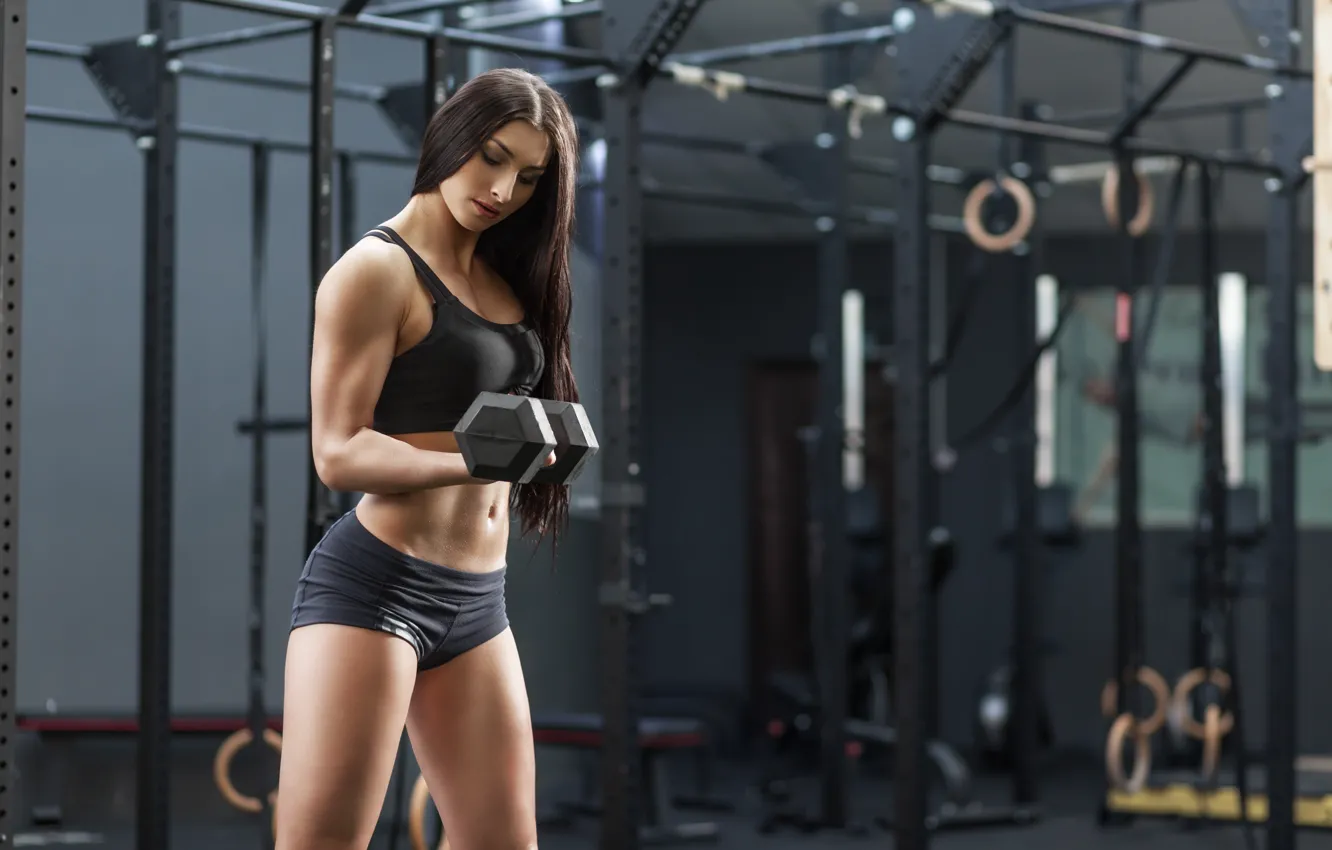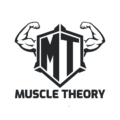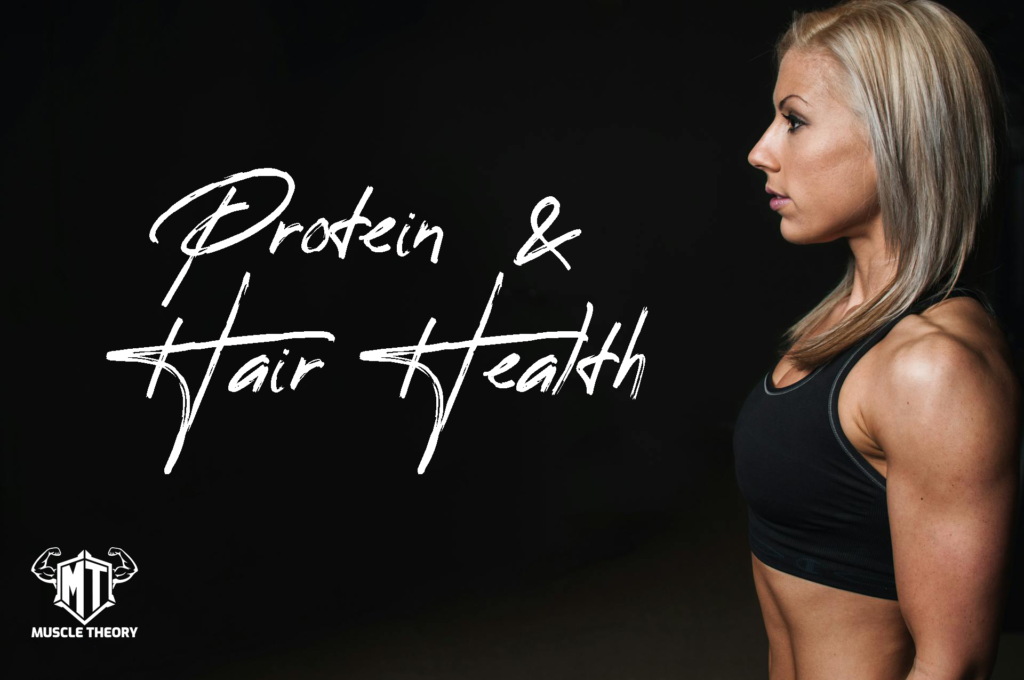Topic Overview
Protein supplements can indirectly promote hair development by supplying the body with needed amino acids, which are the building blocks of proteins. Hair is mostly made up of a protein known as keratin, and getting enough protein in your diet can help your hair grow and stay strong.
When you take protein supplements, especially ones high in amino acids like cysteine, methionine, and lysine, your body can use them to create keratin and promote the formation of healthy hair follicles. Protein supplements can also help with general hair health by supplying the nutrients required to maintain scalp health and promote the hair growth cycle.
However, it is important to note that, while protein supplements might promote hair development, they are not a cure-all for hair loss or other hair-related concerns. A variety of factors influence hair growth, including genetics, hormone balance, food, and overall wellness. To encourage healthy hair growth, a balanced diet with enough protein intake, as well as good hair care habits, is required. If you’re having substantial hair loss or other hair-related issues, it’s best to speak with a healthcare practitioner or dermatologist for tailored advice and treatments.
Nonetheless, let’s delve a little bit deeper into the benefits and possible drawbacks of consuming protein supplements and in what manner this nutrient contributes towards the state of the hair.

What Will Happen If Your Diet Does Not Contain Enough Protein?
If you don’t get enough protein in your diet, it can have a detrimental impact on your hair and general health. Protein is needed for hair growth and maintenance, and a shortage of protein can cause a variety of hair-related issues
Hair thinning and shedding: Protein shortage can cause thinning and weakening of hair strands, resulting in greater shedding and loss. This happens because hair is mostly composed of a protein called keratin, and insufficient protein consumption might hinder the formation of new hair cells.
Slow hair growth: Protein is essential for the development and regeneration of hair follicles. Without adequate protein, your body may prioritize other important processes over hair growth, resulting in reduced hair growth rates.
Changes in hair texture: In severe situations of protein deprivation, hair texture can change. Hair may become coarse, wiry, or lose its original curl or wave pattern.
Brittle and dry hair: Protein helps to preserve the strength and flexibility of hair strands. Without adequate protein, hair can become brittle, dry, and prone to breaking. This can lead to split ends and generally unhealthy-looking hair.
Incorporating Protein Into The Diet Is Essential
To encourage hair development, incorporate protein supplements into your daily regimen, along with a well-balanced diet and correct hair care techniques. Here’s how to utilize protein supplements properly for hair growth:
Choose the appropriate protein supplement: Consider high-quality protein supplements that provide a wide range of essential amino acids, such as whey protein, collagen peptides, or plant-based proteins like pea or soy protein. Look for supplements that don’t contain extra sugars or needless fillers.
Determine your protein needs: Protein requirements vary depending on your age, weight, exercise level, and general health goals. In general, strive for 0.8 to 1 gram of protein per kilogram of body weight each day, or contact a nutritionist or healthcare professional for more specific recommendations.
Maintain consistency: Consistency is essential while utilizing protein supplements to encourage hair development. Aim to include protein in your daily diet regularly to guarantee that your body has a consistent supply of amino acids for hair development and maintenance.
Practice good hair care habits: In addition to protein supplements, follow proper hair care techniques to promote healthy hair development. This involves treating your hair gently, avoiding heat styling and chemical treatments, using a mild shampoo and conditioner that is appropriate for your hair type, and preserving your hair from environmental damage.
Monitor your progress: Pay attention to how your hair reacts to protein supplements and modify your dosage as necessary. If you encounter any side effects or are concerned about your hair’s health, seek advice from a healthcare expert.
Stay hydrated: Drink lots of water to keep your body and scalp moisturized, as this is crucial for healthy hair development.
The Link Between Protein Supplements And Hair
The relationship between protein supplements and hair loss is complicated and not readily apparent. While enough protein intake is necessary for overall health, including hair health, excessive protein supplement use may contribute to hair loss in some situations. Here are a few ways that protein supplements may be associated to hair loss:
Nutritional imbalance: Consuming excessive amounts of protein supplements without balancing them with other vital nutrients might result in nutritional imbalances, which can harm hair health. For example, eating too much protein while ignoring other nutrients such as vitamins, minerals, and healthy fats may have an impact on hair growth and cause hair loss.
Hormonal factors: Some protein supplements, particularly those sourced from animal sources such as whey protein, may include hormones or hormone-like compounds. Hormone imbalances can impact hair growth and contribute to hair loss in sensitive individuals.
Allergies or sensitivities: Some protein supplements may contain chemicals that people are allergic or sensitive to. Allergic responses or sensitivities can cause inflammation, which can damage hair follicles and contribute to hair loss in some situations.
Genetic factors: Genetic factors can influence hair loss, and some people may be susceptible to it regardless of protein intake. Genetics have an important impact on disorders such as male and female pattern baldness.
In Conclusion
In conclusion, including protein supplements in one’s diet can be an effective method for promoting hair growth and overall hair health, especially when combined with a well-balanced diet and correct hair care techniques. Protein is required for the creation of keratin, the basic structural component of hair, and appropriate protein consumption ensures that the body has the building blocks for healthy hair follicles. Protein supplements can help with hair growth, strength, and resilience since they include vital amino acids.
However, it is critical to utilize protein supplements in moderation and as part of a well-rounded diet, since excessive use or reliance only on supplements may result in imbalances or negative side effects. Nutritional imbalances, kidney strain, hormonal factors, genetic predispositions, allergies, and sensitivities are all factors that may have an impact on hair health when using protein supplements. It is critical to maintain a balanced diet that includes enough protein intake, and to utilize protein supplements sparingly, taking into account individual health demands and considerations. Consulting with a healthcare practitioner or dermatologist can provide individualized advice and recommendations for improving hair health while reducing the risk of unwanted side effects from protein supplements.

Disclaimer
The content on Muscle Theory aims to provide informative insights, but it should not be taken as medical advice. The opinions and articles presented here are not intended to diagnose, prevent, or treat health issues. It’s advisable to consult with your doctor before starting any new fitness, nutrition, or supplement regimen. None of these supplements are intended to cure or treat any diseases. If you suspect you may have a nutrient deficiency, please consult a medical professional for guidance.
Further Navigation
- Click / Tap here to explore more insights about protein powders.
- Click / Tap here to get expert guidance on BCAAs and aminos.
- Check out our trending articles on creatines. (Click / Tap on the text)
- Our pre-workout articles are a game changer. Click or tap on the text to find out more.
- Return to the homepage.
Follow Us

Mohammad Nazif Uddin is a Marketing and Supply Chain Management student and fitness enthusiast with over 5 years of bodybuilding experience. As the founder of Muscle Theory, he shares practical insights on fitness supplements to help others make informed choices and achieve their goals safely.

